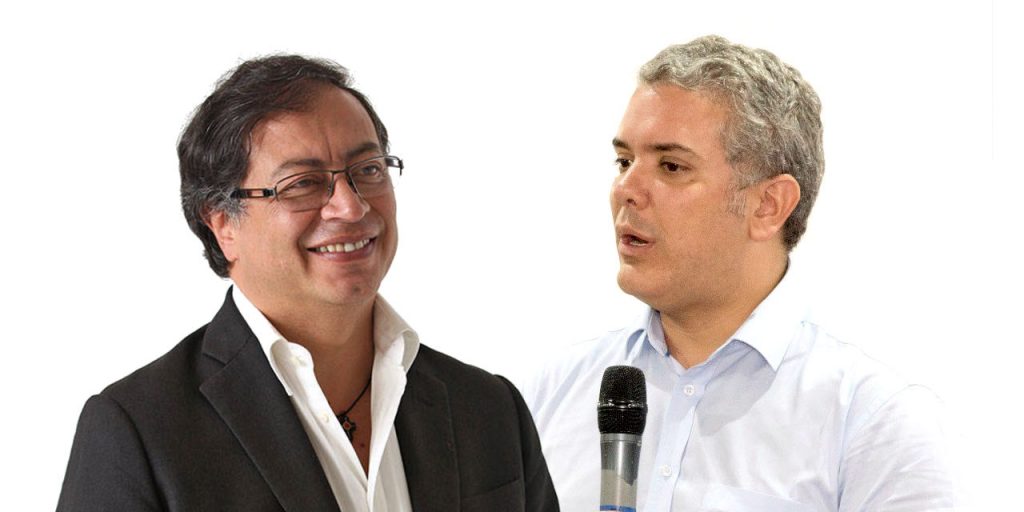Colombia’s election observers fiercely criticized former presidential candidate Gustavo Petro for his failure to address hate speech ahead of elections earlier this year.
The Electoral Observation Mission (MOE) analyzed almost 45 million messages that were posted on social media during one of the most agitated and polarized elections in decades.
The MOE observed that 10% of the messages posted by Colombians online contained language expressing hatred, aggression or intolerance.
Hate speech during Colombia’s elections
Interestingly, the MOE registered a major change in the content of online messages between the congressional elections in March and the second round of the presidential election last month.
While the hate speech initially was about issues pushed by conservative and far-right candidates, the growing popularity of Petro ahead of the first round of the presidential elections spurred a massive increase in verbal aggression from the left.
This trend reversed in the second round when conservative hate speech took the lead again. By then, however, both Duque and Petro were actively promoting constructive debate and the online debate cooled down significantly.
Duque even changed his main slogan to “proposals, not aggression.”
Content of hate speech
According to the MOE, Petro’s direct attacks against his political opponents “generated a community of intolerance and fear among his supporters and detractors.”
In regards to Duque, “the MOE did not find any message of direct attack on his political competition, however, it did find a very important community of supporters and detractors using this type of discourse.”
Because of the demobilization of the country’s largest illegal armed groups, the paramilitary AUC and the FARC guerrilla group, the elections were the most peaceful in recent history.
Nevertheless, Petro and FARC candidate Rodrigo Londoño suffered attacks after incitement of far-right politicians who supported Duque.
Leftist protesters on several occasions disrupted campaign rallies in which controversial former President Alvaro Uribe, who is investigated for war crimes, took part.


